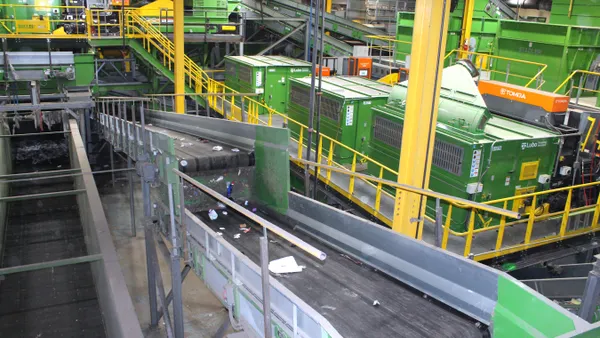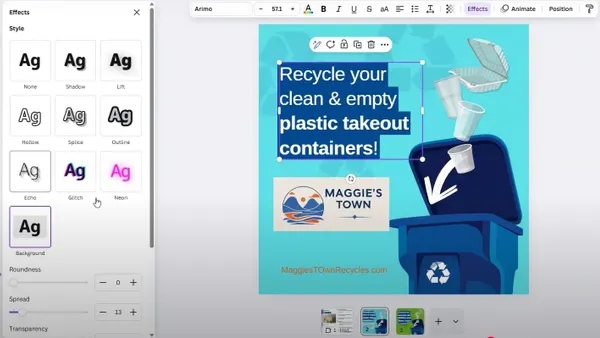Dive Brief:
- The e-scrap industry has been hit by mounting costs, complicated logistics, and rumors proven to be false and tainting the industry’s name according to presenters at Bureau of International Recycling’s (BIR) E-Scrap Committee Meeting in Prague in late October.
- A large focus was on rumors that developing countries are dumping electronic waste in India and Africa. Eric Harris, ISRI associate counsel/director of government and international affairs, explained promoting "good data" over misinformation as "one of the biggest challenges we have," according to Recycling Today.
- Steve Wong, executive president of the China Scrap Plastics Association, said steep costs and tight regulations have hindered competition in China. Market challenges in Europe, as elsewhere, are largely tied to a shift from costly metals toward other materials, noted Committee Chairman Thomas Papageorgiou of Anamet Recycling Industry SA in Greece. And Harris noted that some U.S. e-scrap recyclers are overpaying for hard-to-find materials.
Dive Insight:
Despite the discouraging feedback at the BIR meeting, electronics recycling has grown exponentially in the U.S. over the past 10 years, boosting the economy by about $20.6 billion, according to the Institute of Scrap Recycling Industries. And it has generated more than 45,000 full-time jobs (up from 6,000 in 2002).
Still, stakeholders say it is imperative to consider all the issues and turn to innovation to achieve sustainability. Among the top focuses is examining administrative burdens, particularly those burdens’ financial impact, to enable e-recyclers to capitalize on the exploding electronics manufacturing industry while bringing valued commodities to consumers.









